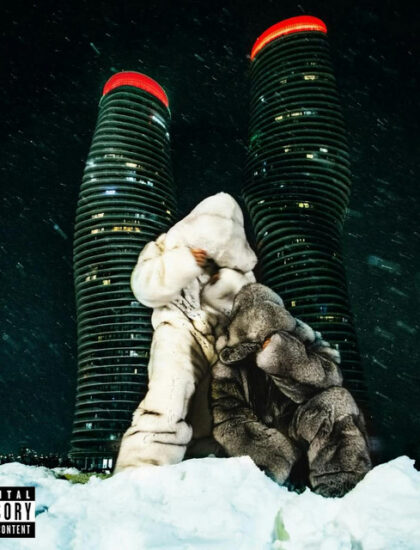The country is currently firmly in the grip of nostalgia and it’s not just the state of the economy that has us thinking about the good old days but the music.
Music concerts are currently a hot bed for the acts of old. From bands that rose to global fame over 40 years ago in the form of UB40, to artists representing a genre that defined Zimbabwean music at the turn of the millennium. The result has been sold out shows and crowds of my generation and older reminiscing about how good we had it back then.
2023 seems to have opened a time capsule filled with our music tastes from a different time and we’re some cocooned in this once upon a time and we can’t get enough of it. The 10th of June saw 7 Arts Theatre packed to the rafters as Pub Choir Zimbabwe hosted a special Urban Grooves night. Alexio Kawara himself even came to sing his smash hit “Shaina” to an elated audience. A week later it was The Venue that hosted a sold out Urban Grooves concert that had a selection of the genres finest voices.
This has been raising the question: Is Urban Grooves on it’s way back?
This is a question that doesn’t have a simple answer, and to answer it we have to go back to the genres heydays. We have to look at it’s rise and fall, then we can understand how it fits into our music landscape now.
Urban Grooves became popular around the year 2000. This was on the back of Jonathan Moyo’s 75% local content policy to promote the arts in Zimbabwe. Urban Grooves offered an alternative to the traditional Zimbabwean sounds (Mbira, Chimurenga, Jit, Sungura, etc) and it was itself a hybrid genre that encapsulated RnB, HipHop, Dancehall, and Afropop among other sounds. The genre quickly rose to prominence due to it’s lyrical content and unique sound. It highly resonated with the country’s young population
Sung in local languages and receiving massive airplay on radio and television, the genre became dominant on not only the charts but at award shows. Roki and Leonard Mapfumo’s 2005 hit song ‘Maidei’ reached the number one spot on ZBC’s top 10 singles charts and stayed there for 42 weeks. There was a multitude of stars (ExQ, Alexio, Decibel, Betty Makaya, Plaxedes Wenyika, Nasty Tricks, etc) that became household names and the sound seemed too good to fail.
However it was around 2010 that the genre fell off from our airwaves and this is attributable to many factors. The economic crisis reached its peak around then, which led to some of the genres stars relocating and it also made earning a living from music harder. Zimbabwe also finally entered the age of mobile internet which drastically affected music tastes. There was the rise of Zimdancehall, which also saw some Urban Groovers drift towards.
But in my book, the multiple genres that made up Urban Grooves pulling away to distinguish themselves was the main reason why Urban Grooves as it was came to an end.
So is the genre on it’s way back? The answer is yes and no. The multiple genres that made it up have now had over a decade of existing on their own and there’s no putting them back together. Once the genie is out of the bottle there’s no getting it back in. That’s the natural progression of most genres and as an artist if you don’t adapt and identify with your niche, you’re left behind. This is how the likes of ExQ, Shinsoman, and Winky D among others who carried on with blossoming careers after Urban Grooves’ end managed it.
So Urban Grooves as a genre is certainly not coming back. It has even been completely forgotten as a category at our award shows and now when we identify it we often identify it with songs of old. However good music has an eternal shelf life. A simple representation of this is how UB40 tours the world, performing their hits from 30/40 years ago. So yes if done right Urban Grooves could be on it’s way back. Not as a genre but a niche nostalgia act.
How long that would last? Who knows. Properly organised and with the artists putting the passion they had when they created those songs, even a tour abroad is possible. The concerts may even be used as a springboard for artists to relaunch their careers and find their place wthin Zimbabwe’s music landscape now.
The ground has been fertile for Urban Grooves in a long time though. A few years back when artists tried to hold concerts, they felt overshadowed by other genres.
Music changes, it is like a circle. It also gets boring sometimes. Right now Zimdancehall is vibrant, there is no doubt about that. But before, Sungura was leading and it was followed by Urban Grooves – Leonard Mapfumo
The same way music changes, emotions do. This is indeed a moment for Urban Grooves. We don’t how big a moment or how long it’ll be, but they should certainly take full advantage of it.
























